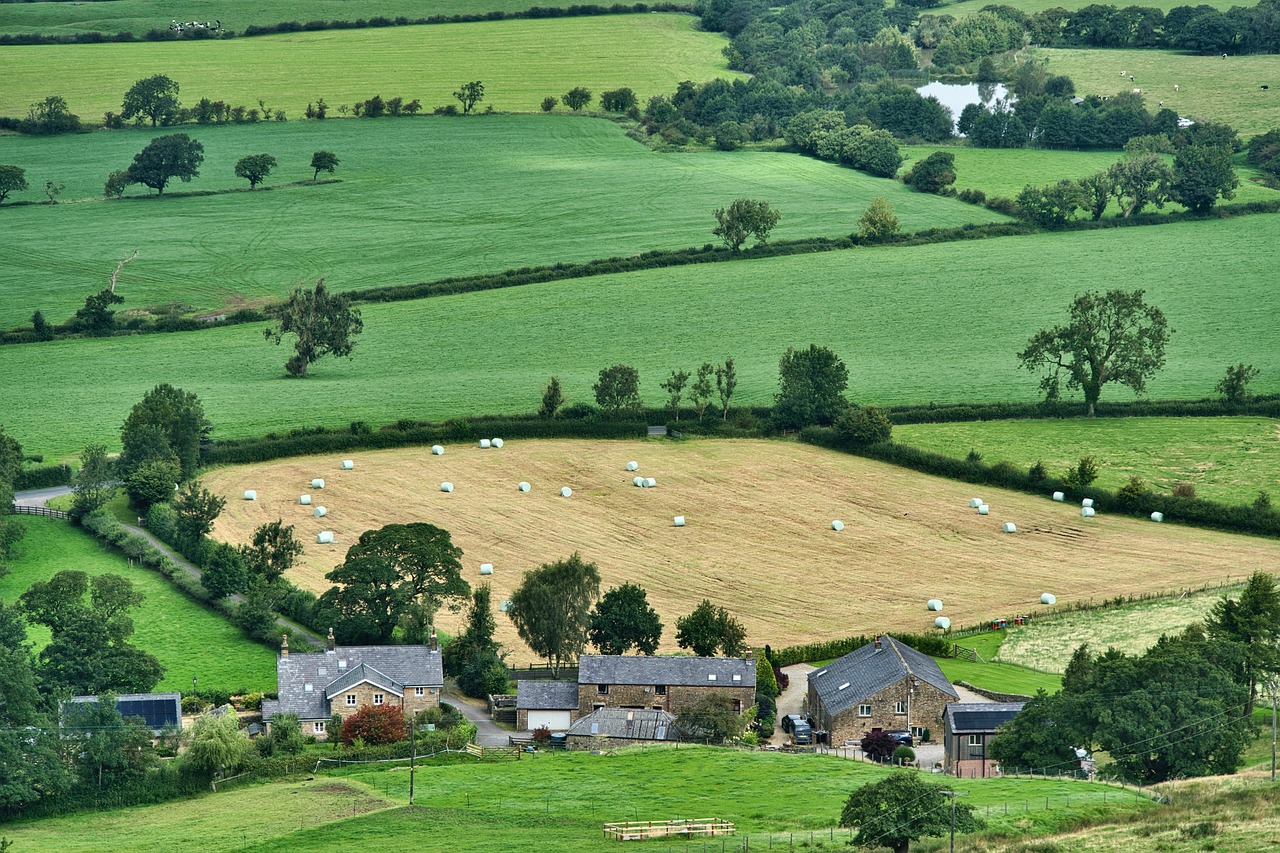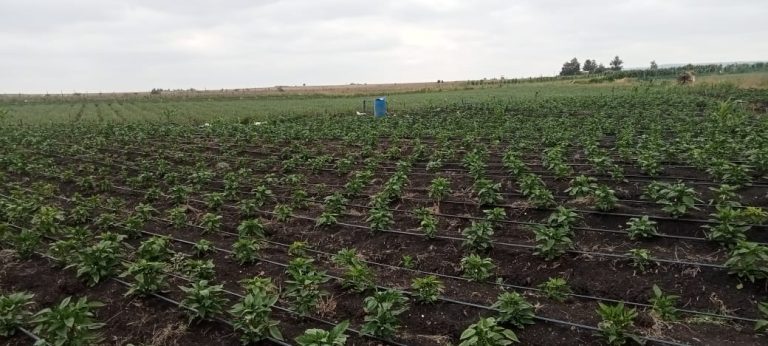Leasing land for farming in Kenya provides an excellent opportunity for individuals and agribusiness investors to engage in agriculture without the significant financial commitment of purchasing land. Whether you are a small-scale farmer or a commercial investor, understanding the leasing process is essential for a seamless and profitable experience.
At Fincare Investments, we help farmers and investors find the right land to lease for farming. Here’s a comprehensive step-by-step guide to help you navigate land leasing for farming in Kenya.
Step 1: Define Your Farming Requirements
Before leasing land, it is essential to outline your farming objectives clearly. Consider the following key factors:
- Type of Farming: Will you engage in crop cultivation, dairy farming, poultry, horticulture, or mixed farming?
- Land Size: Determine whether you need a small parcel for subsistence farming or a larger tract for commercial agriculture.
- Location: Choose a strategic location with access to markets, reliable road networks, and essential resources such as water.
- Budget: Establish a financial plan, including monthly or annual lease payments, to ensure sustainability.
Pro Tip: Regions such as Isinya, Kajiado, Nakuru, and Laikipia offer expansive farmland for lease at competitive rates, making them ideal for agricultural ventures.
Step 2: Research and Identify Suitable Farmland
Securing the right land for farming requires thorough market research. Here are the most effective ways to find farmland for lease:
- Online Listings: Platforms such as Fincare Investments, Jiji Kenya, and PigiaMe feature agricultural land for lease.
- Local Networks: Contact local farmers, landowners, and agricultural cooperatives for firsthand information on available land.
- County Government Offices: Visit county land offices to inquire about designated agricultural land for lease.
- Real Estate Agents: Some real estate professionals specialize in leasing farmland and can assist in finding suitable options.
Pro Tip: When evaluating potential farmland, prioritize soil fertility, water availability, reliable road access, and climatic conditions suitable for your crops or livestock.
Step 3: Verify Land Ownership and Lease Terms
To prevent fraud or legal disputes, verifying land ownership and understanding the lease terms is crucial before finalizing any agreement. Follow these key steps:
- Request a Copy of the Title Deed: Confirm that the land legally belongs to the lessor.
- Check for Land Disputes: Verify with the Ministry of Lands or local authorities that the land is free from legal claims or ownership conflicts.
- Confirm Zoning Regulations: Ensure the land is designated for agricultural use under local zoning laws.
Pro Tip: Always engage directly with the legal landowner or authorized representative to avoid fraudulent transactions.
Step 4: Negotiate Lease Terms and Costs
The cost of leasing land in Kenya varies depending on several factors, including location, accessibility, water availability, and essential infrastructure such as perimeter fences, electricity, solar power, irrigation systems, greenhouses, staff housing, and storage facilities. Leasing costs vary significantly across different regions and land types. Below is an overview of estimated lease prices for farming land in key areas.
- Lease Pricing Estimates:
- Nairobi Metropolitan Area (Kitengela, Isinya, Ngong, Machakos, Thika, Kiambu): Ksh 5,000 – Ksh 12,000 per acre per month.
- Rural Areas: Ksh 10,000 – Ksh 50,000 per acre per year, depending on infrastructure and accessibility.
- Lease Duration: Common lease agreements range from 1 to 99 years, depending on the type of land and intended use.
- Payment Terms: Agree on a monthly, quarterly, or annual payment schedule.
- Permitted Land Use: Clearly define allowable farming activities (e.g., horticulture, livestock, agroforestry).
- Land Maintenance: Specify responsibilities for infrastructure upkeep, such as roads, fencing, and utilities.
Pro Tip: Ensure the landowner facilitates good relations with neighboring communities to prevent conflicts, such as livestock encroachment onto the leased farmland.
Step 5: Sign a Legally Binding Lease Agreement
After finalizing the lease terms, both parties should sign a formal lease agreement to ensure legal protection and clarity. The agreement should include:
- Details of Both Parties: Full names and identification details of the landowner and lessee.
- Lease Duration & Renewal Terms: Specify the lease period and conditions for renewal.
- Payment Schedule & Penalties: Outline the agreed payment structure and penalties for late payments.
- Land Use Restrictions: Define permissible farming activities and any limitations.
- Exit Terms & Dispute Resolution: Establish procedures for lease termination and mechanisms for resolving conflicts.
Legal Tip: Engage a qualified lawyer or registered real estate agent to draft and review the agreement, ensuring compliance with Kenyan land laws. Additionally, penalties for late payments should be fair and not excessively punitive, allowing for flexibility in case of unforeseen business challenges.
Step 6: Register the Lease with the Ministry of Lands
For long-term leases exceeding five years, it is advisable to register the agreement with the Ministry of Lands to ensure legal protection and enforceability. The following documents are required for registration:
- Signed Lease Agreement: A legally binding contract signed by both parties.
- Copy of the Title Deed: Proof of land ownership.
- Identification Documents: National ID or passport for both the landowner and lessee.
- Stamp Duty Payment: Proof of payment for applicable government fees.
Pro Tip: Lease registration safeguards your investment by preventing ownership disputes and ensuring the agreement is legally enforceable in court.
Step 7: Begin Farming and Maximize Productivity
With the lease secured, it’s time to start farming by preparing the land, sourcing quality seeds, and hiring labor. To maximize profitability, consider the following strategies:
- Grow High-Demand, High-Value Crops: Focus on profitable crops such as onions, capsicums, tomatoes, herbs, French beans, and garlic.
- Adopt Modern Farming Techniques: Where applicable, utilize efficient methods such as drip irrigation, hybrid seeds, integrated pest management, and greenhouse farming.
- Secure a Market Early: Engage potential buyers in advance and conduct market research.
Pro Tip: Join farmer networks on social media to gain insights and connect with reliable buyers.
Where to Lease Agricultural Land in Kenya
Kenya offers several prime locations for leasing agricultural land, each suitable for specific farming activities:
- Nairobi Metropolitan Area (Kitengela, Isinya, Ngong, Machakos, Thika, Kiambu): These areas are ideal for cultivating high-value crops such as onions, capsicums, tomatoes, garlic, herbs, and French beans, as well as livestock farming.
- Laikipia, Narok, Nakuru: These regions are well-suited for large-scale maize and wheat farming due to their fertile soils and favorable climate conditions.
How Fincare Investments Can Help
At Fincare Investments, we make land leasing simple and hassle-free. We offer:
- Verified land lease listings in prime agricultural areas.
- Assistance with lease agreements and legal documentation.
- Expert advice on choosing the best land for your farming needs.
Looking for agricultural land to lease? Contact us today to learn about available farmland options in Kenya.
Also, please visit our properties catalog for land leases.
Conclusion
Leasing land for farming in Kenya is a cost-effective way to start an agribusiness without huge capital investments. By following legal procedures, verifying land ownership, and negotiating favorable terms, you can secure land for successful farming. Whether you’re growing crops or raising livestock, leasing farmland can be a profitable venture when done right.
For more insights on farming and real estate, explore our blog section or contact Fincare Investments for expert guidance on land leasing in Kenya.







